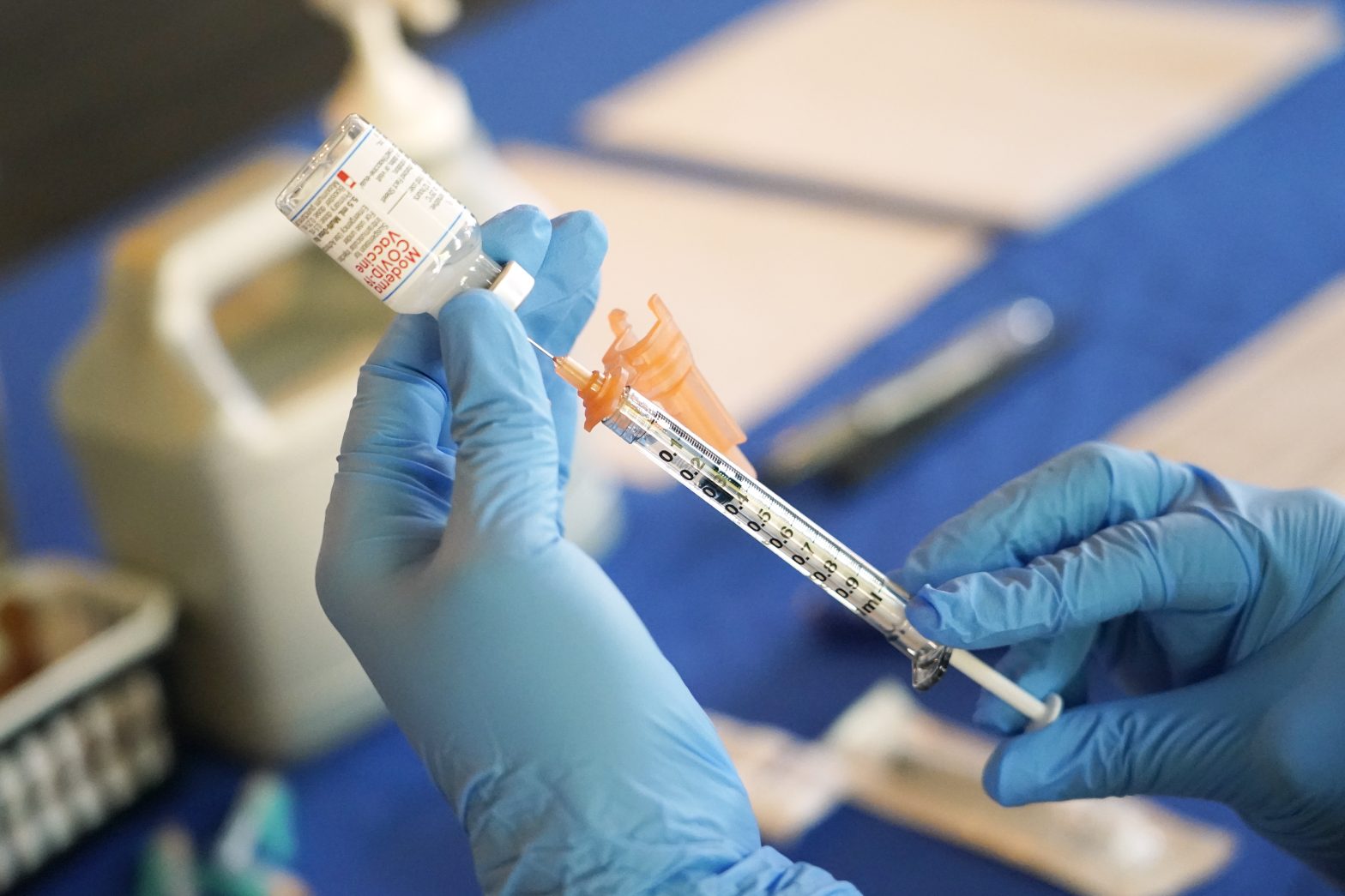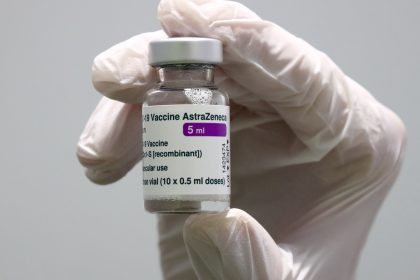FDA Simplifies COVID Vaccine Recommendation

WASHINGTON — The Food and Drug Administration on Tuesday simplified its recommended COVID-19 vaccination schedule, announcing that a single dose of the bivalent vaccine specific to the BA.4 and BA.5 strains of the omicron variant is enough to protect most individuals.
The new policy modifies prior emergency use authorizations issued for the Moderna and Pfizer-BioNTech COVID-19 bivalent mRNA vaccines administered to individuals 6 months of age and older.
The monovalent Moderna and Pfizer-BioNTech COVID-19 vaccines are no longer authorized for use in the United States.
“At this stage of the pandemic, data support simplifying the use of the authorized mRNA bivalent COVID-19 vaccines and the agency believes that this approach will help encourage future vaccination,” said Peter Marks, M.D., Ph.D., director of the FDA’s Center for Biologics Evaluation and Research, in a written statement.
“Evidence is now available that most of the U.S. population 5 years of age and older has antibodies to SARS-CoV-2, the virus that causes COVID-19, either from vaccination or infection that can serve as a foundation for the protection provided by the bivalent vaccines,” Marks added.
What Tuesday’s announcement means is that individuals previously vaccinated with a monovalent COVID-19 vaccine but who have not yet received a dose of a bivalent vaccine, may now receive a single dose of a bivalent vaccine.
It also means that those who have already received a single dose of the bivalent vaccine are not currently eligible for another dose.
In a written statement, the FDA said it intends to make decisions about future vaccination after receiving recommendations on the fall strain composition at an agency advisory committee meeting in June.
Tuesday’s announcement went on to state that individuals 65 years of age and older who have received a single dose of a bivalent vaccine may receive one additional dose at least four months following their initial bivalent dose.
Most immunocompromised individuals who have received a bivalent COVID-19 vaccine may receive a single additional dose of a bivalent COVID-19 vaccine at least two months following a dose of a bivalent COVID-19 vaccine, and additional doses may be administered at the discretion of, and at intervals determined by, their health care provider.
However, for immunocompromised individuals 6 months through 4 years of age, eligibility for additional doses will depend on the vaccine previously received.
Most unvaccinated individuals may receive a single dose of a bivalent vaccine, rather than multiple doses of the original monovalent mRNA vaccines.
Children 6 months through 5 years of age who are unvaccinated may receive a two-dose series of the Moderna bivalent vaccine (6 months through 5 years of age) or a three-dose series of the Pfizer-BioNTech bivalent vaccine (6 months through 4 years of age).
Children who are 5 years of age may receive two doses of the Moderna bivalent vaccine or a single dose of the Pfizer-BioNTech bivalent vaccine.
Children 6 months through 5 years of age who have received one, two or three doses of a monovalent COVID-19 vaccine may receive a bivalent vaccine, but the number of doses that they receive will depend on the vaccine and their vaccination history.
A second bivalent dose for individuals 65 years of age and older is supported by data showing the waning of immunity in this population over time and its restoration by an additional dose.
Additionally, based on evidence from studies conducted previously, immunocompromised individuals may require additional doses.
Despite the FDA’s simplification of its vaccine recommendations, Marks said, “COVID-19 continues to be a very real risk for many people, and we encourage individuals to consider staying current with vaccination, including with a bivalent COVID-19 vaccine.
“The available data continue to demonstrate that vaccines prevent the most serious outcomes of COVID-19, which are severe illness, hospitalization and death,” he said.
Dan can be reached at [email protected] and at https://twitter.com/DanMcCue

























